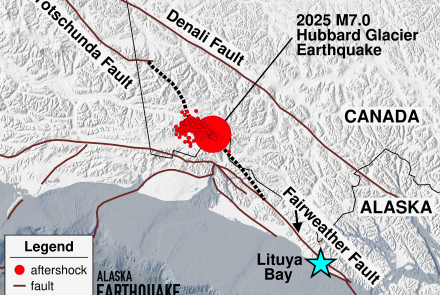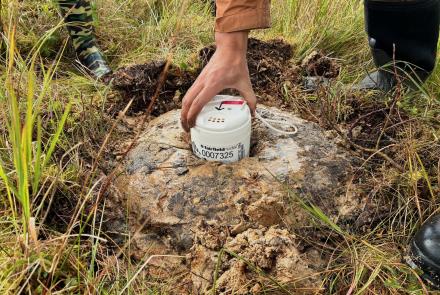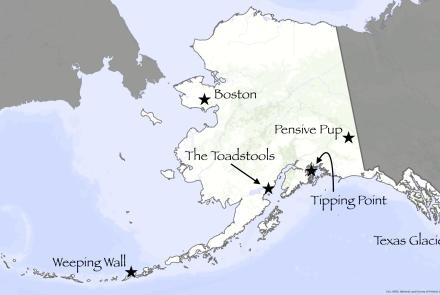Australian Adventurers
When my last head cold departed, the first thing my exhausted nose could smell was eucalyptus. The scent of a subtropical tree pervading a subarctic household is not as odd as it first sounds; eucalyptus oil has been a popular medicine worldwide since the middle of the last century, and it's still in use.
Nowadays it's their use for reforestation that makes eucalyptus trees internationally widespread, but medicinal possibilities helped speed their emigration from Australia during the 1800s. One ambitious application of eucalyptus for medical purposes occurred when a group of monks in Italy imported them to cure malaria. They hoped the pungent oils exuded from eucalyptus leaves would help purify the air above marshes near their monastery, and since everyone knew---or thought they did---that bad air caused malaria, the monks believed the eucalyptus could rid the region of that debilitating disease.
The government thought the idea was plausible, and offered to underwrite the monastery's importing up to 10,000 eucalyptus saplings a year. Perhaps because the government also offered the monastery more land if the scheme succeeded, it also generated heated protests. One Roman dignitary speculated in print that the protesters were in the pay of quinine manufacturers; quinine was the best treatment for the symptoms of malaria, so they were the only segment of society that would lose if the trees did their job. Nevertheless, the planting went ahead; soon malaria cases declined markedly. The trees worked, but not for the reason the monks thought. Eucalyptus are deep drinkers, and the fast-growing young trees lowered the local water table. The marshes dried up, and the malaria-carrying mosquitoes no longer had places to breed.
Eucalyptus, or gum trees as the Australians call them, are still being planted around the world, and they're still causing protests. Their ups and downs in Ethiopia are fairly typical of the international experiences of these inadvertently adventurous trees from Down Under.
Nomadic tribes in that part of Africa used woody plants for fodder and fuel, moving on when the supply was exhausted, returning years or decades later when the plants had regrown. Eventually people outstripped plants. By 1885, that country had nearly run out of trees. The emperor had heard of the drought-resistant, fast-growing trees from the Antipodes, and ordered the creation of eucalyptus plantations throughout the country. The plantations were so successful that the emperor set his capital city within one. (Addis Ababa means "beautiful flower," supposedly in reference to the flowering gum trees.)
The tale of the imported trees didn't end there. Before long, eucalyptus were blamed for Ethiopian water shortages. Official proclamations called for their destruction. Over the decades, the trees' defenders have spoken of their swift growth, usefulness for fuel wood, and ability to slow soil erosion and the advance of deserts. Their detractors have countered with arguments that eucalyptus use too much water, compete with valuable local tree species, and under certain conditions actually cause erosion and desertification. Eucalyptus were planted or uprooted depending on which side had the government's ear.
So it has gone. In India, West Bengal foresters made lists of eucalyptus uses---everything from perfume base to paper---and began planting seedlings. Local people, convinced that eucalyptus trees poison and desiccate the soil, sneaked into the government plantations and snipped off the seedlings. In Portugal, villagers from the town of Valpacos marched on a eucalyptus plantation belonging to a Lisbon paper factory and uprooted thousands of saplings. They feared the Australian trees were replacing figs, grapes, olives, and cork oaks, thus threatening a way of life as well as the water table. It took armed cavalry to turn back the angry villagers.
Climate spares us from this debate; eucalyptus trees don't grow in Alaska. Elsewhere, these emigrants from Australia are too useful for a wood-hungry world to ignore---no matter what the locals think.




